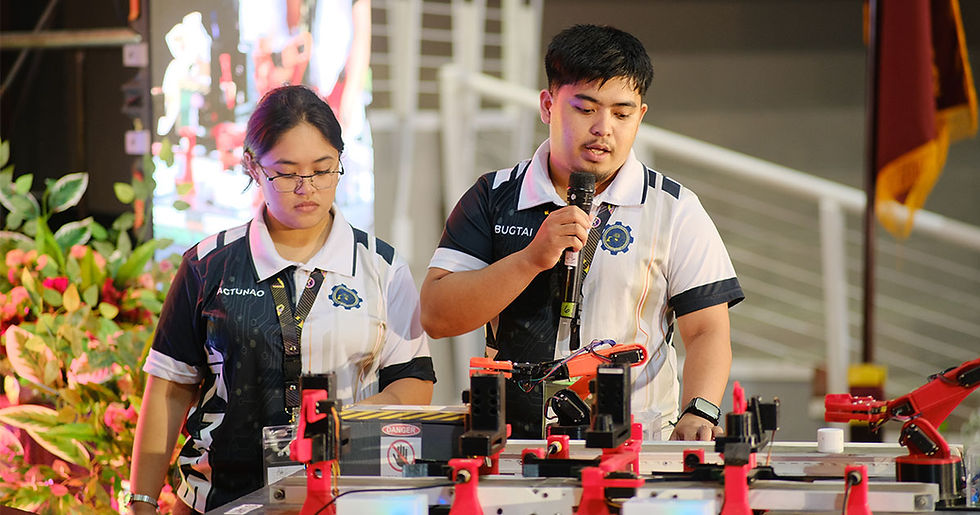Working Together to Protect the Frontline
- Field Ready
- Jun 10, 2021
- 3 min read
Updated: Jun 12, 2021
Although some Western countries are emerging from quarantine, the pandemic rages on in much of the rest of the world where vaccines and PPE are not readily available.
The COVID-19 crisis makes getting aid to those under-served regions using traditional supply chains ineffective. Huge demand for PPE and other medical items, combined with border closures, has made it extremely difficult for healthcare and other frontline workers to get the supplies they need to prevent the spread of COVID-19 and treat sick and vulnerable people.

Field Ready has teamed up with the Humanitarian OpenStreetMap Team (HOT) and NeedsList to help get PPE and other medical supplies to those frontline workers in four of the hardest-hit countries through our "Protecting the Frontline" program.
The program helps humanitarian responders match their COVID-19-related needs to local manufacturing capabilities in Bangladesh, Iraq, Kenya and Uganda. Manufacturers there make the PPE where and when frontline workers need it, and deliver it to them better, faster and cheaper than traditional aid so responders can save more lives while protecting their own.
The program is supported by Creating Hope in Conflict: a Humanitarian Grand Challenge project. When we began the program in late 2020, we aimed to produce and deliver 100,000 piece of PPE to frontline workers in the four countries over the course of a year.
The program has proven so successful that responders have already placed orders for 350,000 pieces of PPE, said Kat Sellers, Field Ready's "Protecting the Frontline" project manager. Local manufacturers are working to fill the orders, and more are expected as the pandemic continues.

"We're trying to challenge traditional supply chains rather than getting needed things from abroad," Sellers said. "And part of the work we're doing is to show that quality things can be made locally, which is a new way of thinking. As knowledge of the program is growing, we've seen a steep rise in requests - so it's working."
The three partners have combined their strengths to connect frontline workers and manufacturers in conflict-affected areas. First, HOT collects geospatial data and tailored responses in each country through its open-source apps and tools for collaborative mapping. Frontline workers and organizations make their requests to Field Ready teams and partners through MakeItLocal.org. Using NeedsList's software to collect data on manufacturing capabilities, Field Ready then conducts quality-assurance tests on the items and helps match local manufacturers and groups to deliver the PPE.
“The potential impact of this project for humanitarian efficiency and supporting local capacity cannot be underestimated," said Natasha Freidus, co-founder and chief executive officer of NeedsList. "And we’re already seeing results.”
The program so far includes 30 manufacturers, at least six makerspaces and a group of refugee makers, all of whom who have been paired with 22 NGOs.
Production has been swift. This spring, Bangladesh manufacturers produced and delivered 3,600 pairs of injection-molded goggles and 18,000 face shields to help protect refugee camp volunteers and government workers in Cox's Bazaar. In Uganda, manufacturers produced 2,200 face shields for Lira NGO Forum; they will be distributed to local health workers across northern Uganda to aid their COVID-19 prevention efforts.
While the program exceeds organizers' initial goals, the hope is that the manufacturer/user networks set up by the program will endure long-term. "The ability to connect supply and demand is critical, especially in times of crisis," said Eric James, Field Ready's executive director. "But we'd like this to scale so it will exist on its own after the crisis."
The joint venture's collective vision is that the project will create an essential and badly needed "public good" long-term infrastructure that will be accessible to all - and change local supply chains while boosting local economies.
We'll have more updates on the project later this summer!

_edited.png)




Comments